
CNA – Facial hair is a common issue for many women, but it often remains an unspoken topic. Unlike the celebrated Movember for men, there are no campaigns for women to embrace or stylishly manage their facial hair. Instead, many women face daily decisions about whether to remove it and which method to use.
While everyone has facial hair, its visibility and the bother it causes can vary greatly. For some, it’s a minor inconvenience, while others find it a significant concern. If you’re exploring facial hair removal options, there’s much to consider: convenience, cost, time, minimising regrowth, and pain.
Let’s delve into various methods, rated for effectiveness, comfort, and pain.
SHAVING
Shaving is quick, easy, and affordable. However, regrowth happens faster than with other methods, and there’s a risk of skin irritation and ingrown hairs. Exfoliating well before shaving can help prevent bumps.
Pain rating: 1 out of 5
DERMAPLANING
Dermaplaning uses surgical scalpels to remove hair and exfoliate the skin, making it smoother and helping skincare products penetrate better. While home kits are available, professional treatments are recommended.
Pain rating: 1 out of 5
Note: Surprisingly painless and does not cause quicker or thicker regrowth.
HAIR REMOVAL CREAMS
Depilatory creams dissolve hair and are effective for at-home use. However, they can cause skin irritation, so a patch test is essential. They may have an unpleasant smell.
Pain rating: 1 out of 5
CRYSTAL HAIR ERASERS
These devices use nano-crystalline technology to exfoliate skin and remove hair. Results can be inconsistent, and they might not be as effective on fine facial hair. Overuse can cause abrasions.
Pain rating: 2 out of 5
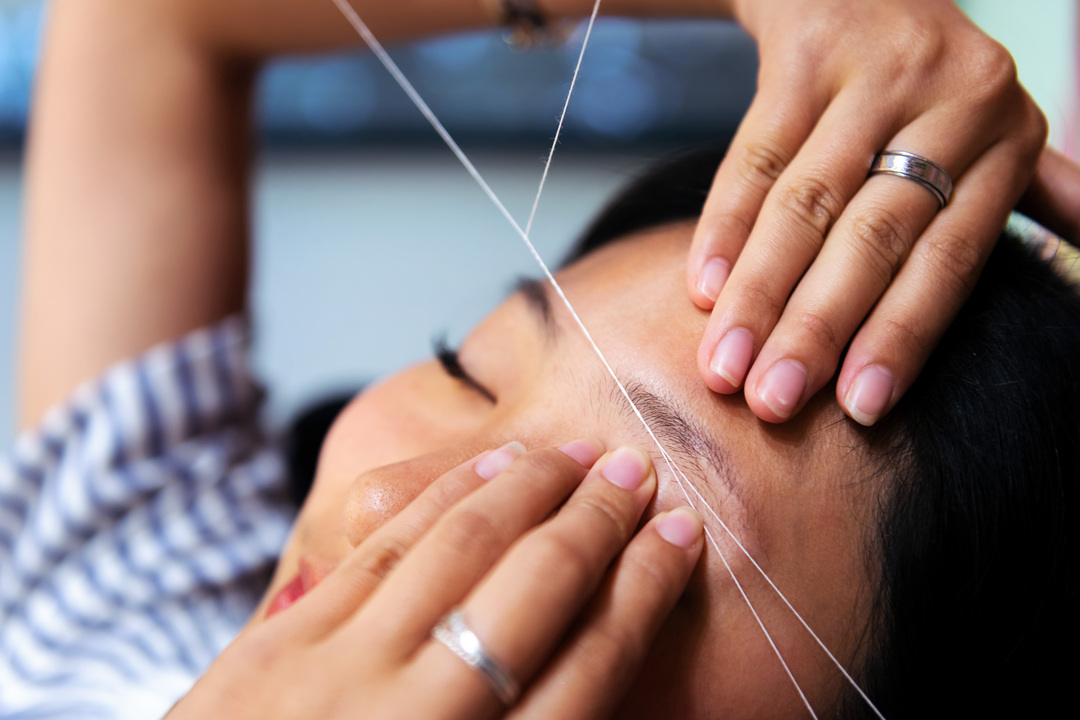
THREADING
Threading uses a twisted thread to remove hair from the roots. It’s precise and chemical-free but can be painful for first-timers. Over time, treatments become more bearable.
Pain rating: 2.5 out of 5
AT-HOME IPL DEVICES
IPL (Intense Pulsed Light) devices use light energy to reduce hair growth. Regular use leads to smoother skin and reduced regrowth over time.
Pain rating: 2.5 out of 5
Note: Users may feel a warm tingling sensation.
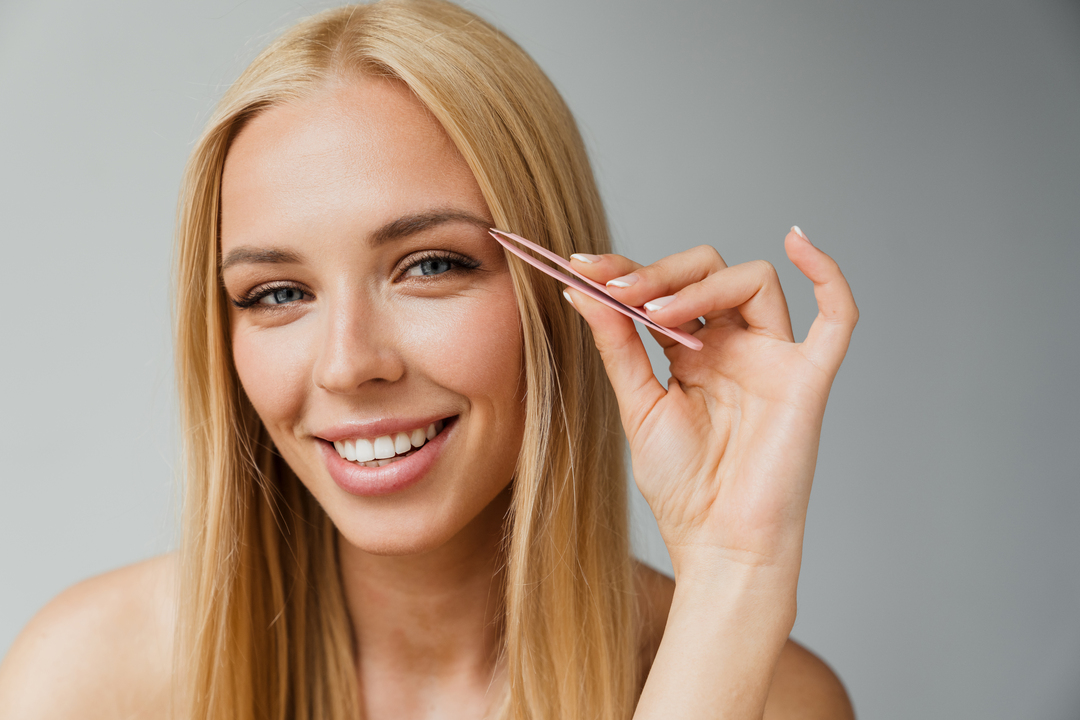
TWEEZING
Tweezing is ideal for removing a few stray hairs but is time-consuming for larger areas. It’s not recommended for sensitive or acne-prone skin.
Pain rating: 2.5 out of 5
SUGARING
Sugaring uses a natural paste to remove hair and is gentler than waxing. The sugar sticks to the hair, not the skin, making it less painful.
Pain rating: 3 out of 5
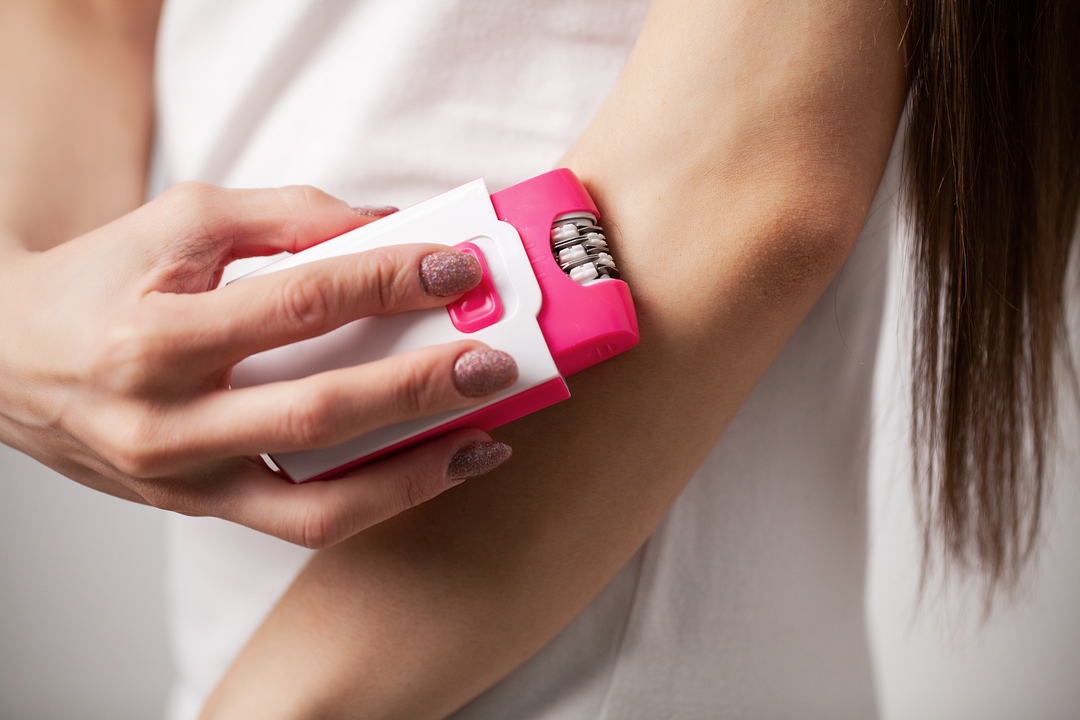
EPILATOR DEVICES
Epilators remove hair from the root using multiple tweezers. This method provides long-lasting smoothness but can be painful initially.
Pain rating: 3 out of 5
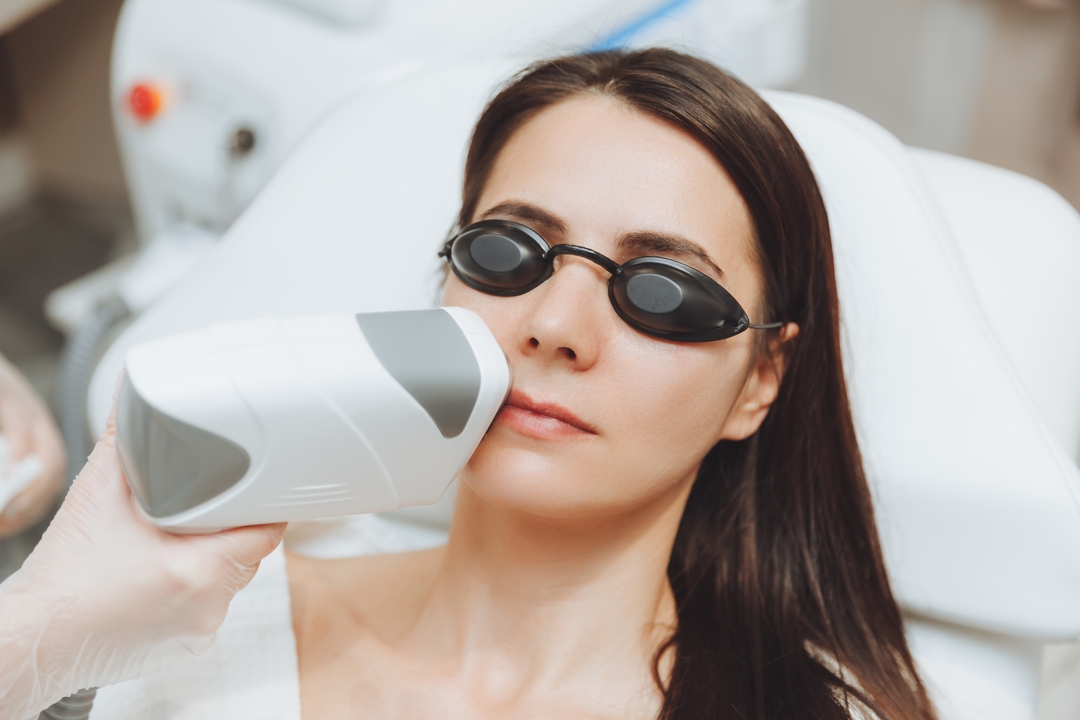
LASER HAIR REMOVAL
Laser treatments performed by professionals use light to damage hair follicles, reducing regrowth. Multiple sessions are needed for semi-permanent results.
Pain rating: 3.5 out of 5
Note: Can cause redness and swelling post-treatment.
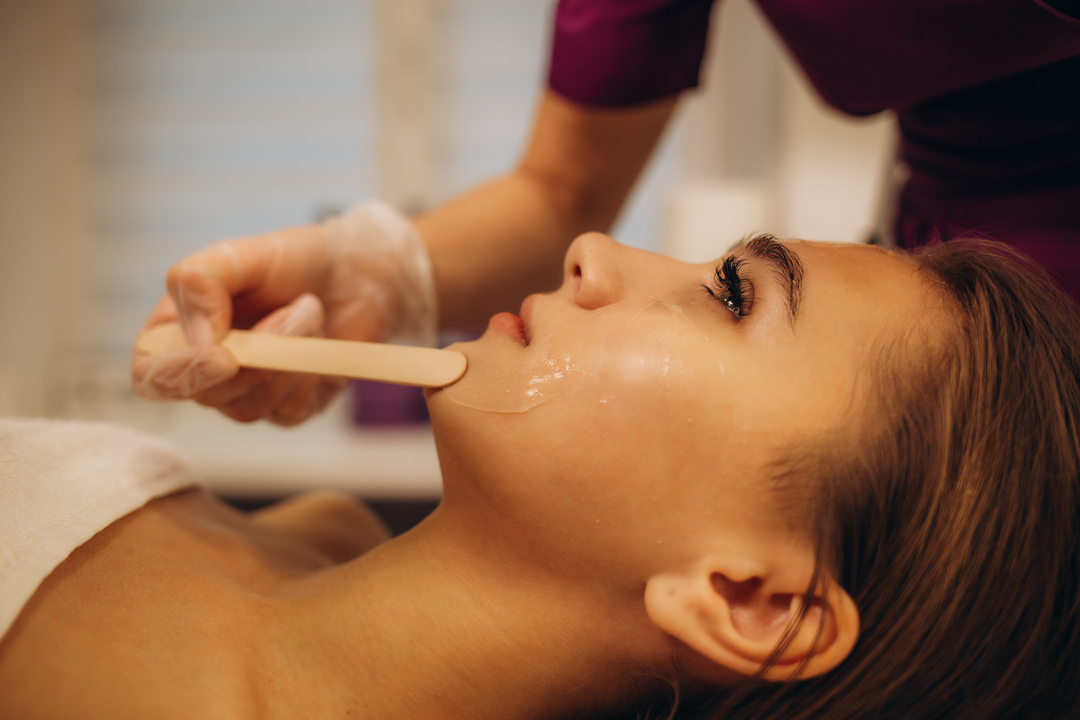
WAXING
Waxing is a traditional method offering long-lasting results. Hot wax should be left to professionals to avoid burns, while cold wax strips can be used at home with some practice.
Pain rating: 4 out of 5 – Celine Tan





